By Dylan Wood, Instructional Designer
The benefits of continual learning in today’s workplace are clear. Those who learn effectively throughout their career are more productive, have more confidence in their work, and are more successful at adapting to the constantly changing professional environment. Of course, this raises the question: how do we learn best as adults?
For more than half a century, this question has driven the research of psychologists and learning specialists. Applying what they’ve discovered can boost your professional development. At the same time, for those of you in training roles, an understanding of adult learning theory can help you better meet your participants’ learning needs.
So, how do we learn differently as adults?
Most would agree that adult learning is important to their career. However, it’s not always obvious what helps us learn in adulthood. Some question whether there’s even a difference between how we gain knowledge as adults as opposed to how we did as school children. I mean, isn’t learning just learning? Well … not exactly.
Researchers have long understood there are differences in how we learn over time. These changes are largely due to the maturation of our brains and the psychological growth we attain with life experience. By understanding the latest findings in this field, we can take immediate steps to improve our own learning.
Key takeaways from adult learning theory
Combine learning styles.
You’re probably familiar with the 3 individual learning styles: auditory, visual, and hands-on (or kinesthetic). It’s likely you even have ideas about which style suits you best. It might surprise you, then, to find that researchers now believe the best learning involves all 3 styles. So, look for ways to involve each type of learning—either 1 at a time or in combination—as you select your learning methods.
Conduct a personal learning style inventory.
Take time to conduct an inventory of factors that contribute to your optimal learning. Ask yourself questions such as:
- What time of day do I learn best?
- Do I prefer to take notes on paper or type them?
- How long can I stay attentive to the material?
- How can I limit distractions?
- Do I prefer individual or group learning?
This process can guide you to make choices that ensure you’re giving yourself the best chance for optimal learning.
Focus on what’s important.
Achieving the focus needed to learn is easier said than done. We’re all inundated by a constant flow of information that can overwhelm our attention. To boost your focus:
- Make a learning plan. Setting learning goals will help narrow your focus and create achievable benchmarks.
- Skim material first. Before diving in, read the heading, subheadings, abstracts, and conclusion to ensure what you’re reading is suitable for your learning goal. If it’s not, move on.
- Summarize. Accurately summarizing what you’ve learned (whether on paper, in your head, or in conversation) contributes to extended retention of the key aspects of the material.
Learn from failure.
Recognize that setbacks are actually growth opportunities that can benefit your continued learning experience. To shift how you think about perceived failures, ask yourself:
- Was I motivated? If the material wasn’t conducive to your learning goal, this could have led to a loss of interest and impacted your ability to learn.
- Did I hold myself accountable? In most cases, as an adult you are responsible for your own learning. No one else will motivate you. So, when you set a learning goal, make yourself stick to it. Though your motivation may wax and wane, aim to be consistent.
- How can I improve? Take stock of those times you didn’t achieve your learning goals. Focusing on how you can improve—as opposed to how you fell short—can be a powerful shift of perspective that keeps you motivated to keep learning.
One last piece of advice: Return to your self-assessments often. Over time, your learning style will evolve. Like learning itself, reflecting on your preferences, your goals, and your understanding of failure should be a lifelong process.
Best of luck as you continue your learning journey!
________
Dylan Wood is an instructional designer who also teaches AP Psychology in the public school system. He holds undergraduate degrees in history and political science from UNC-Wilmington and a Master of Arts in teaching from UNC-Chapel Hill.


